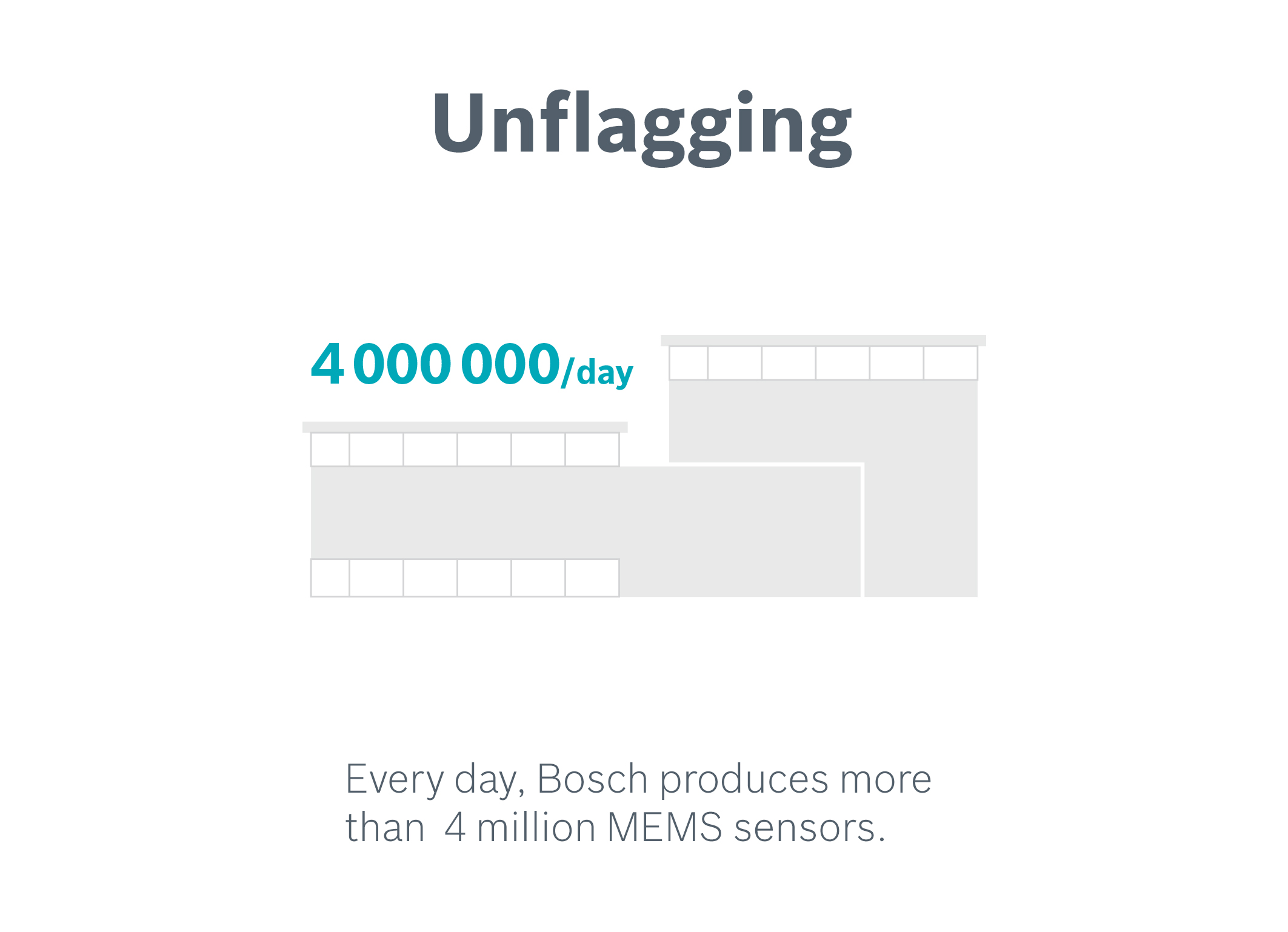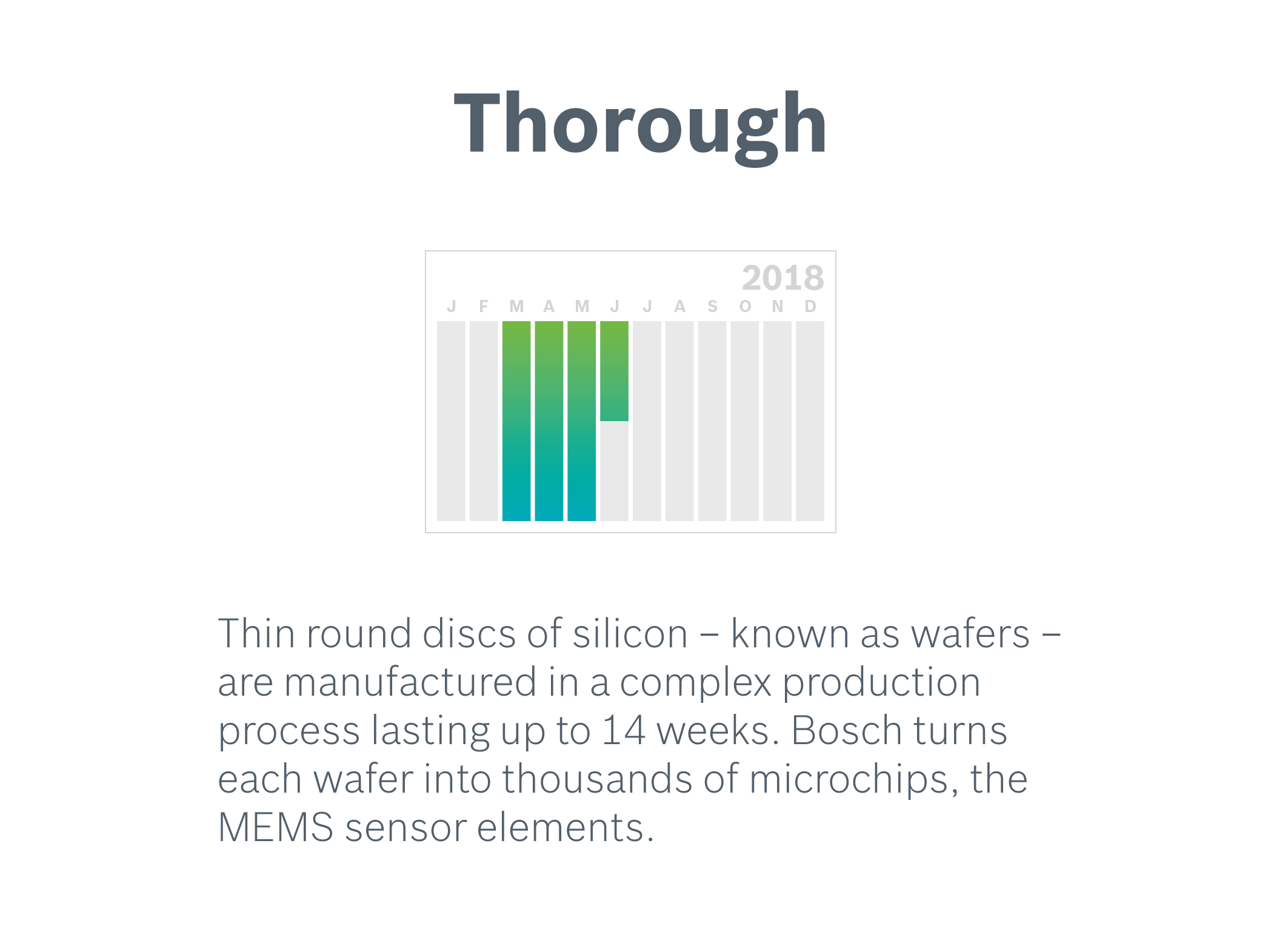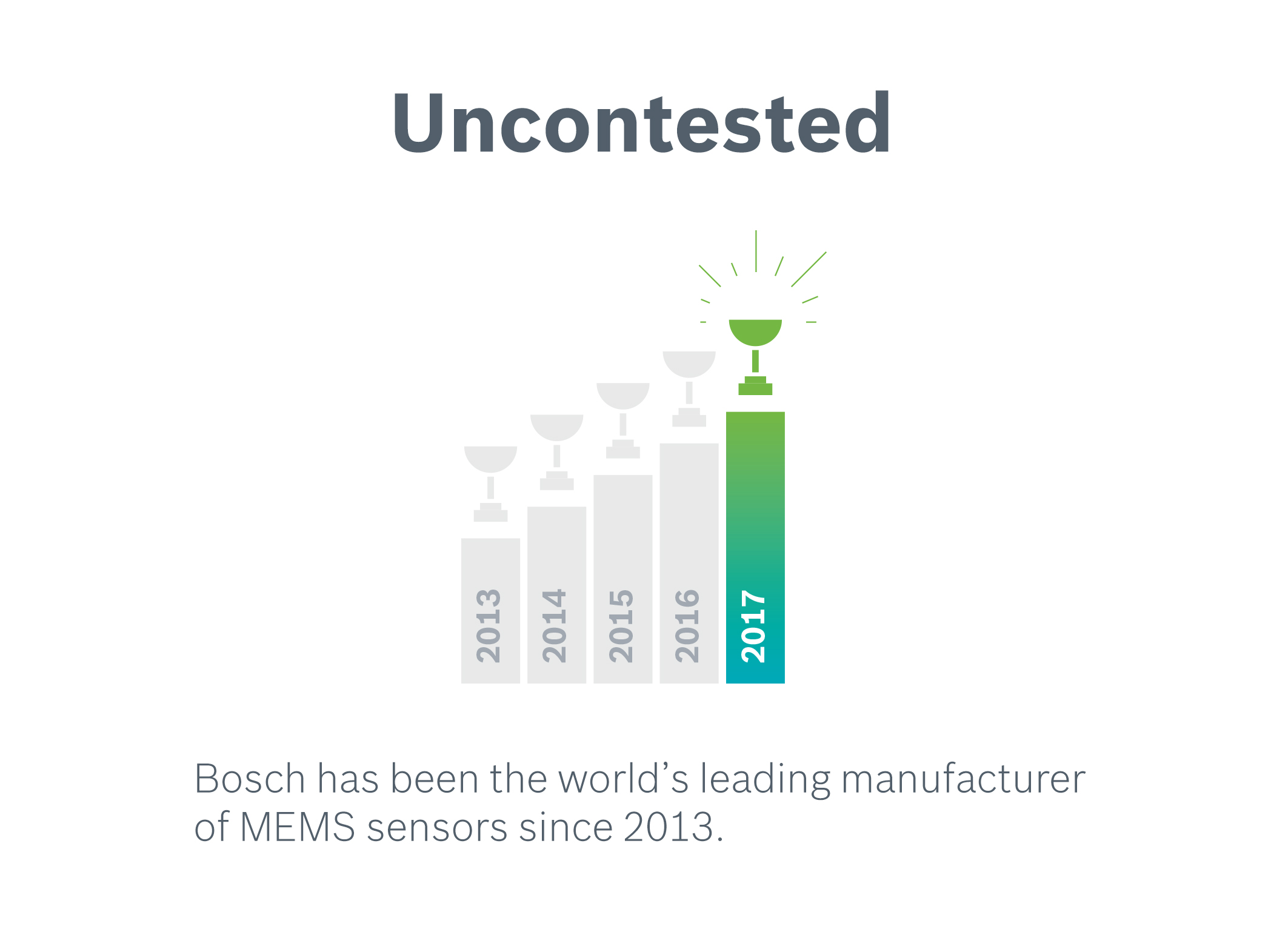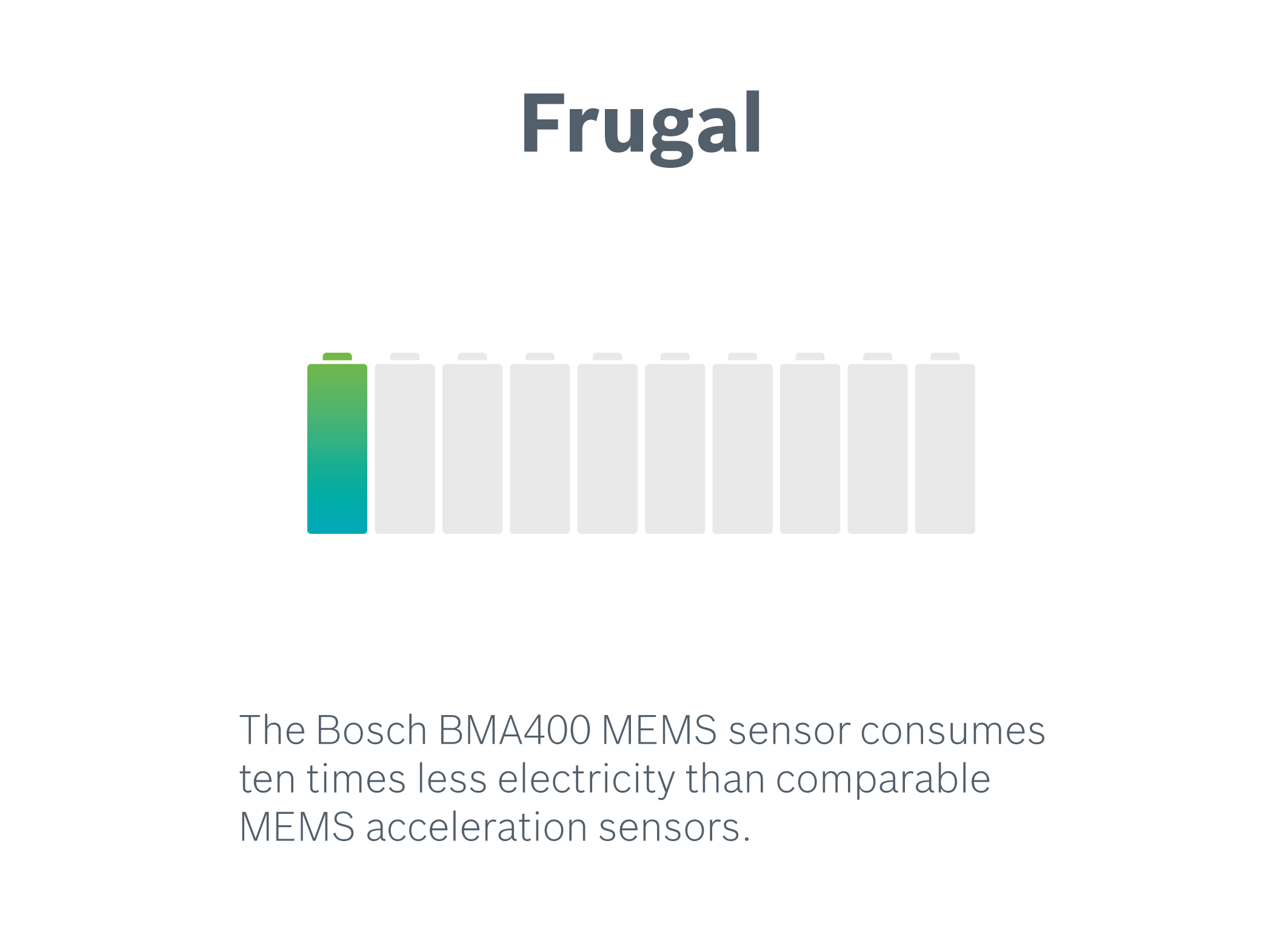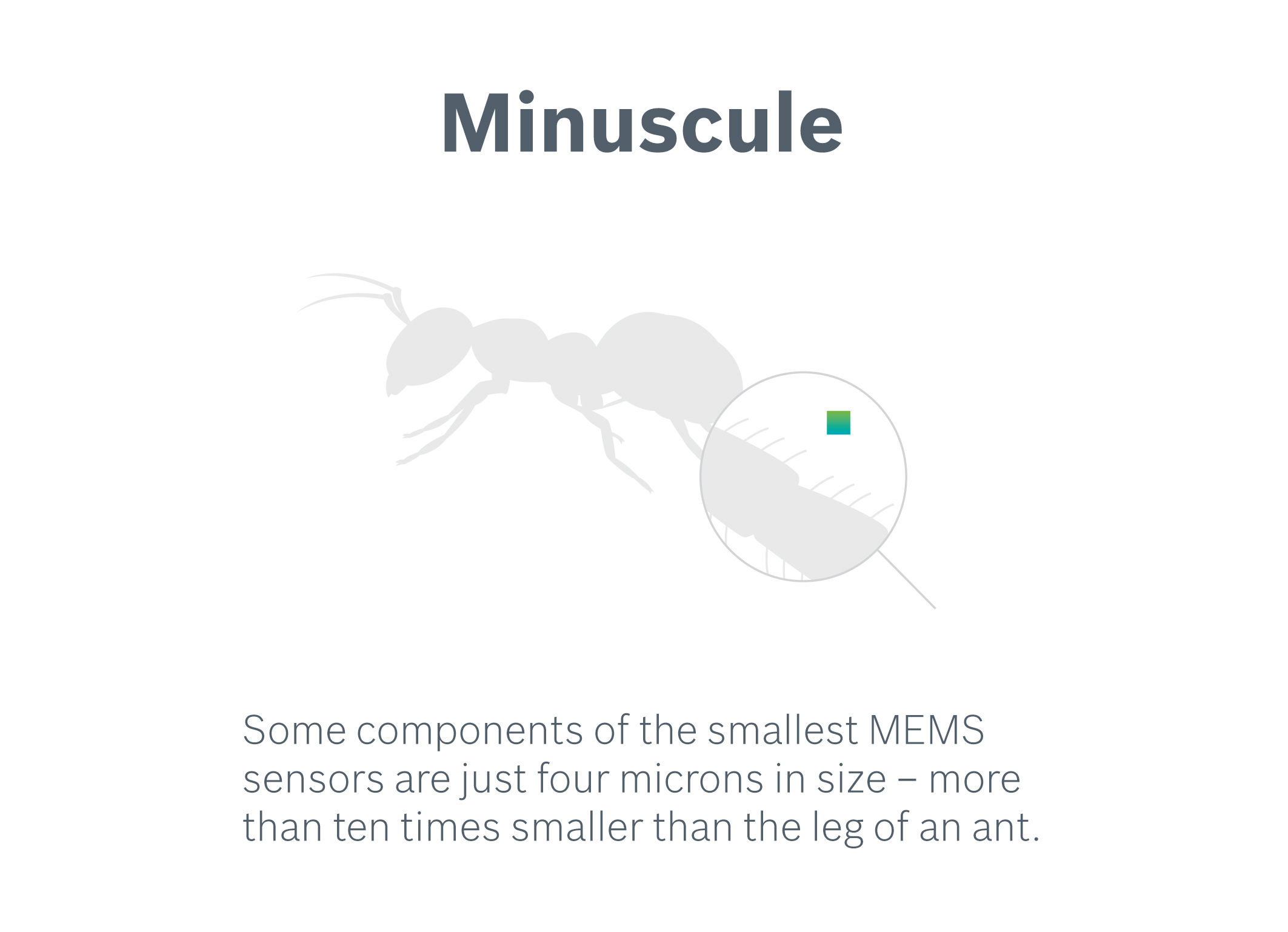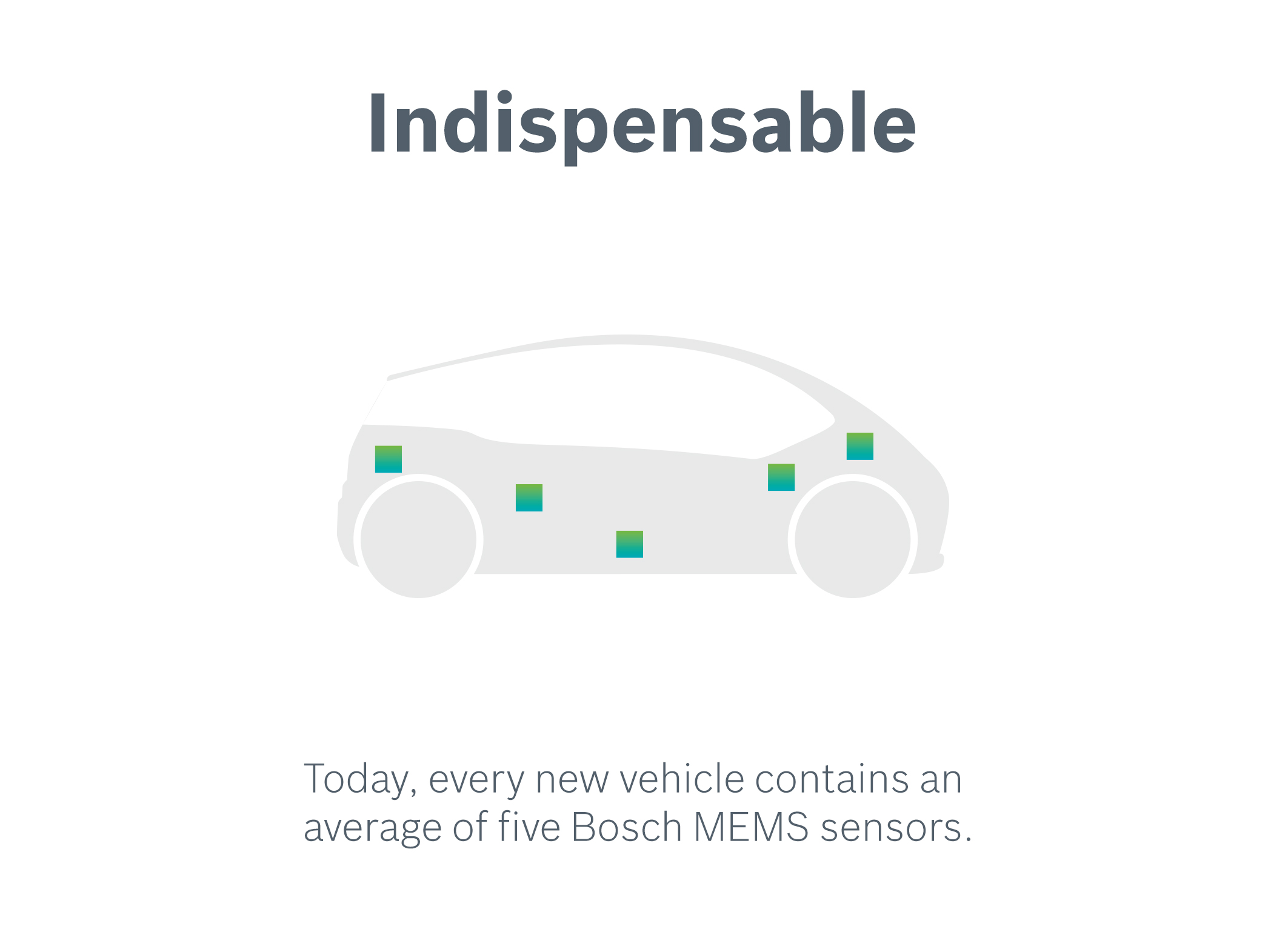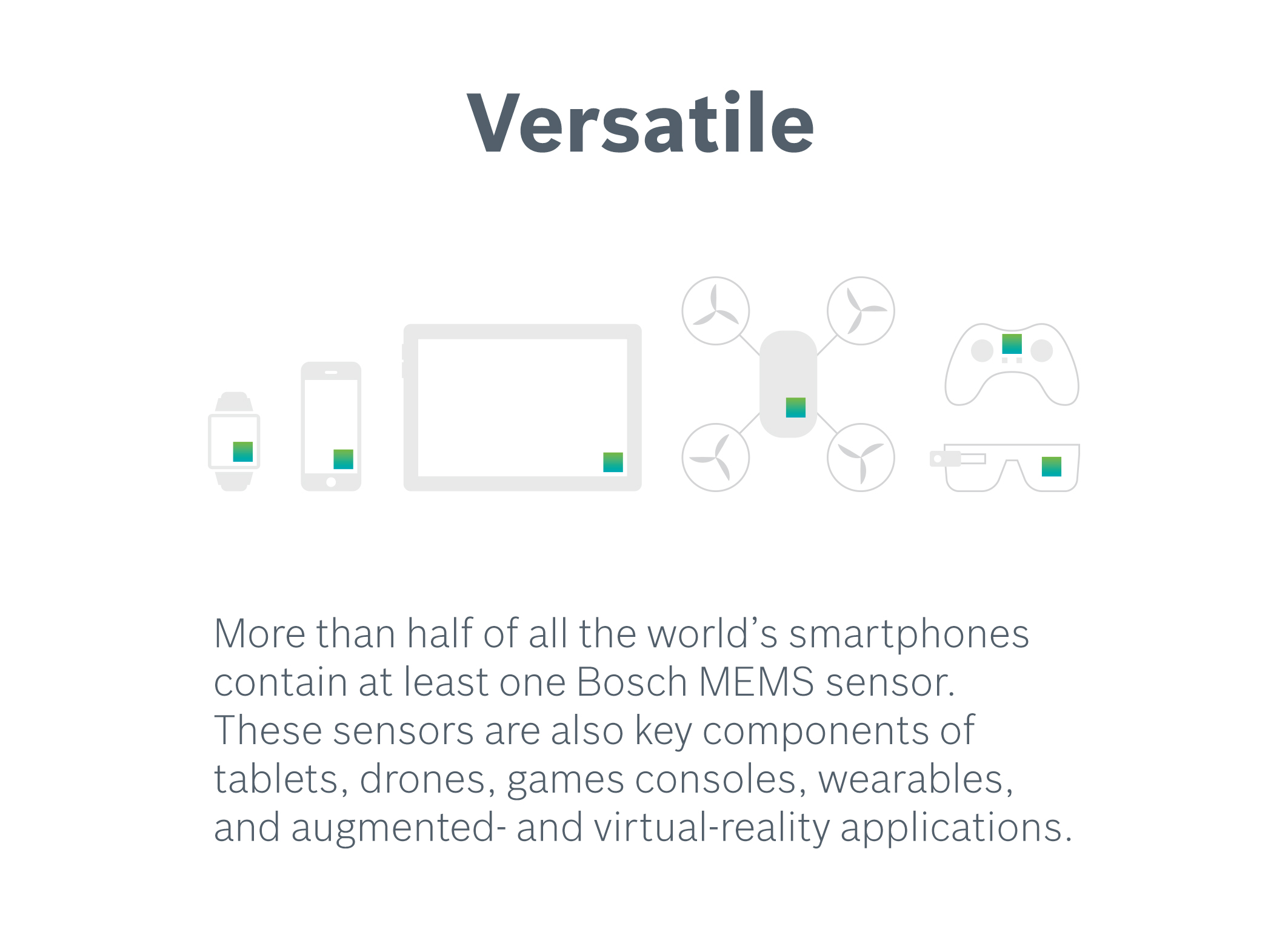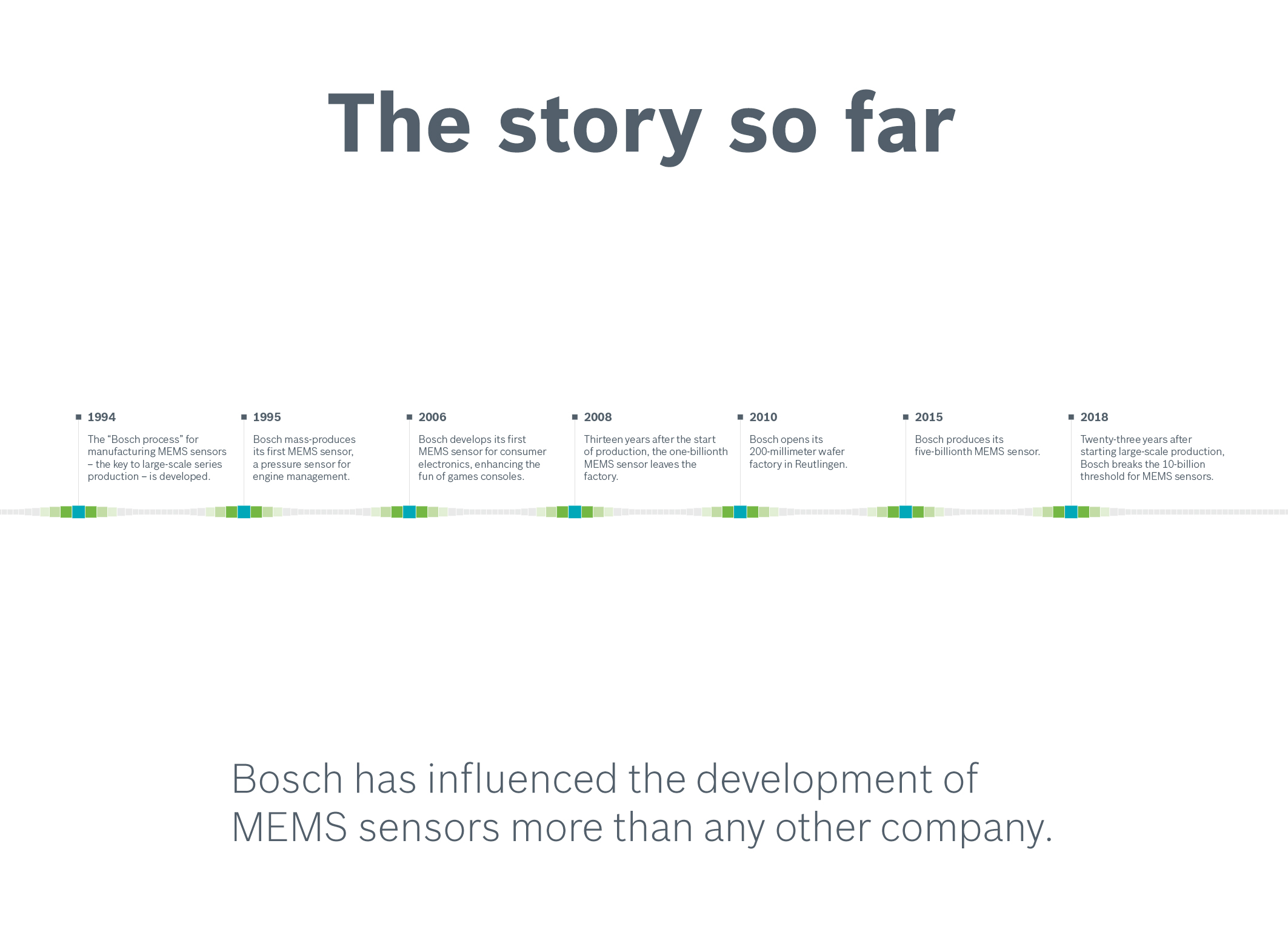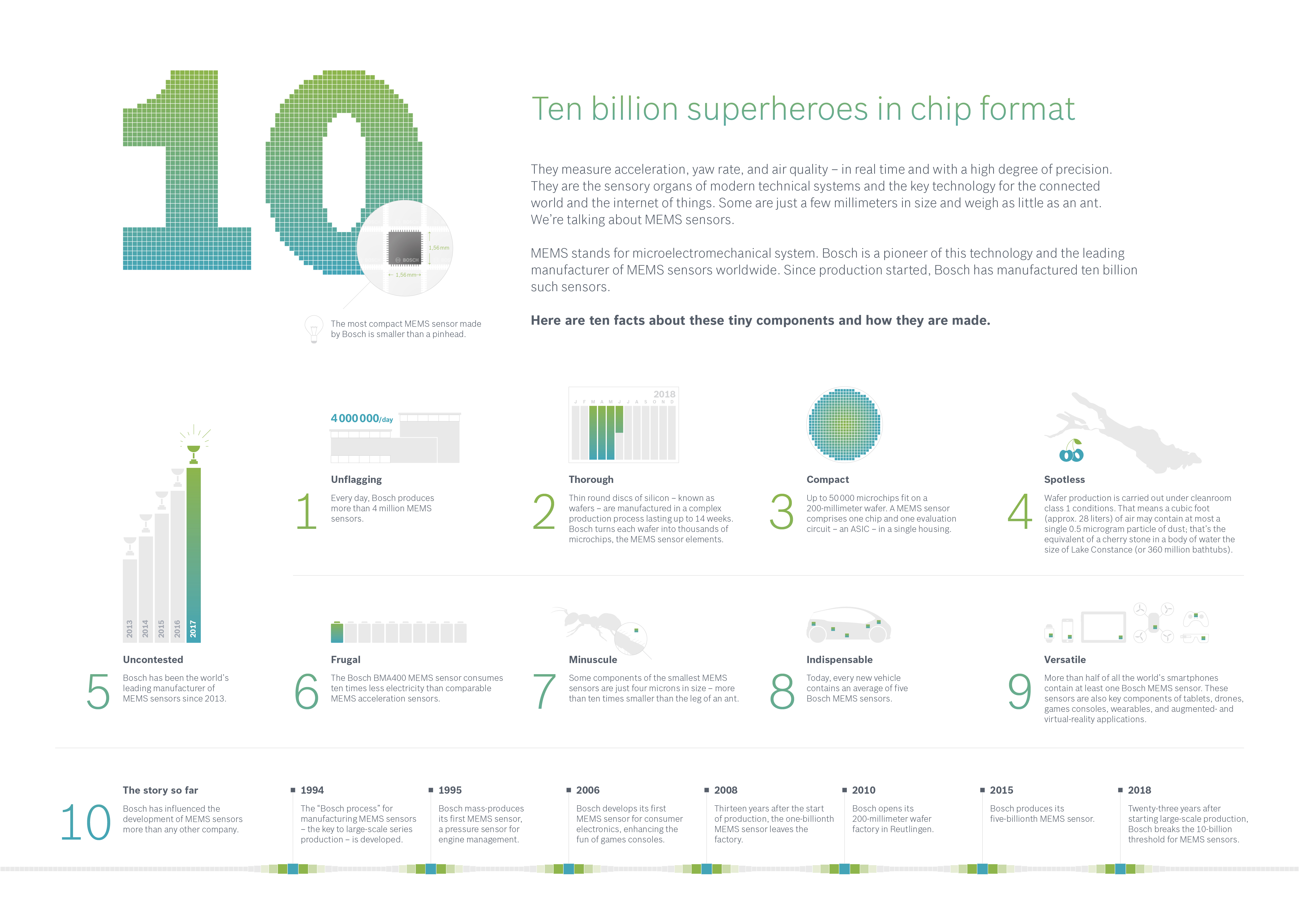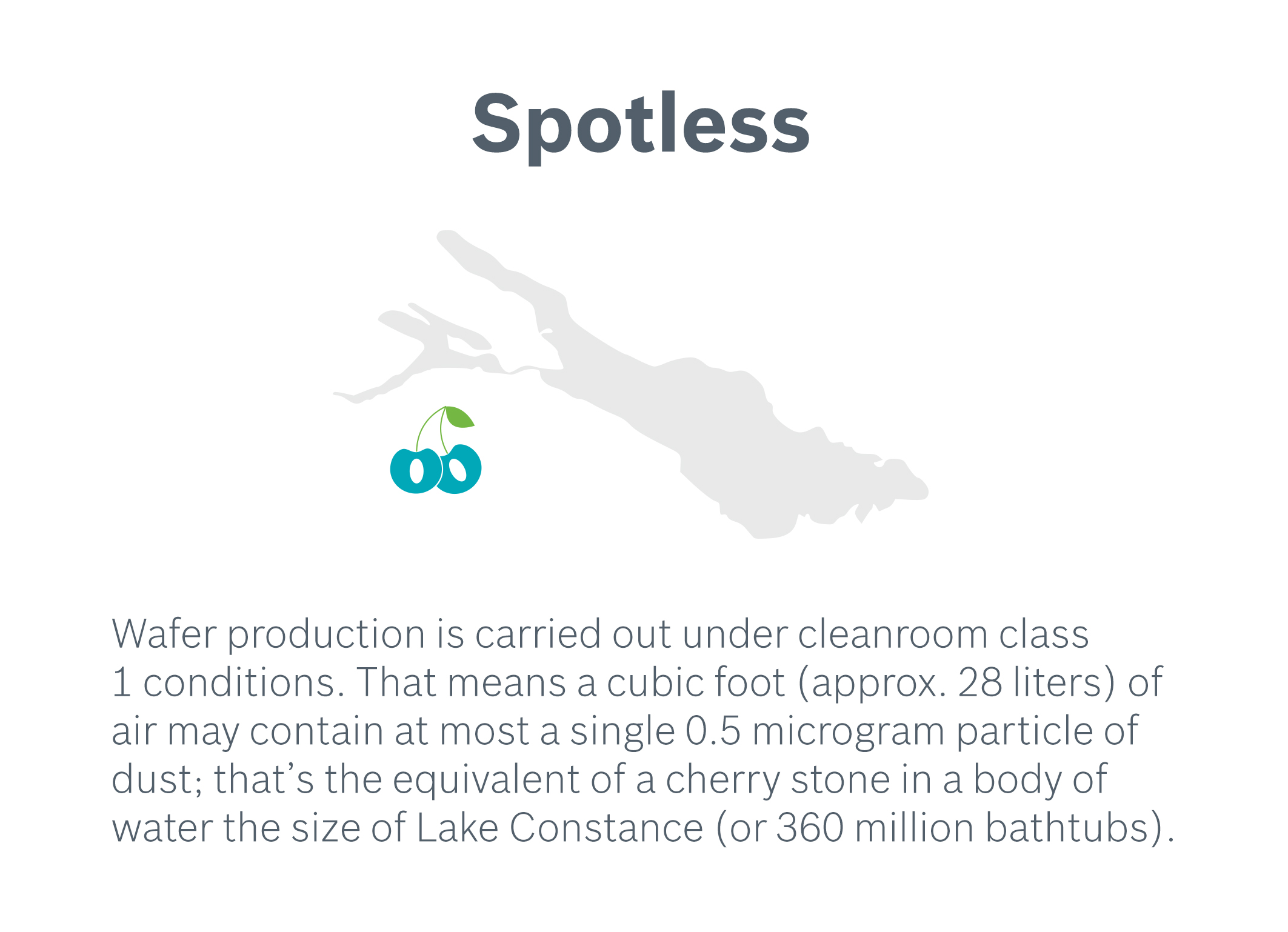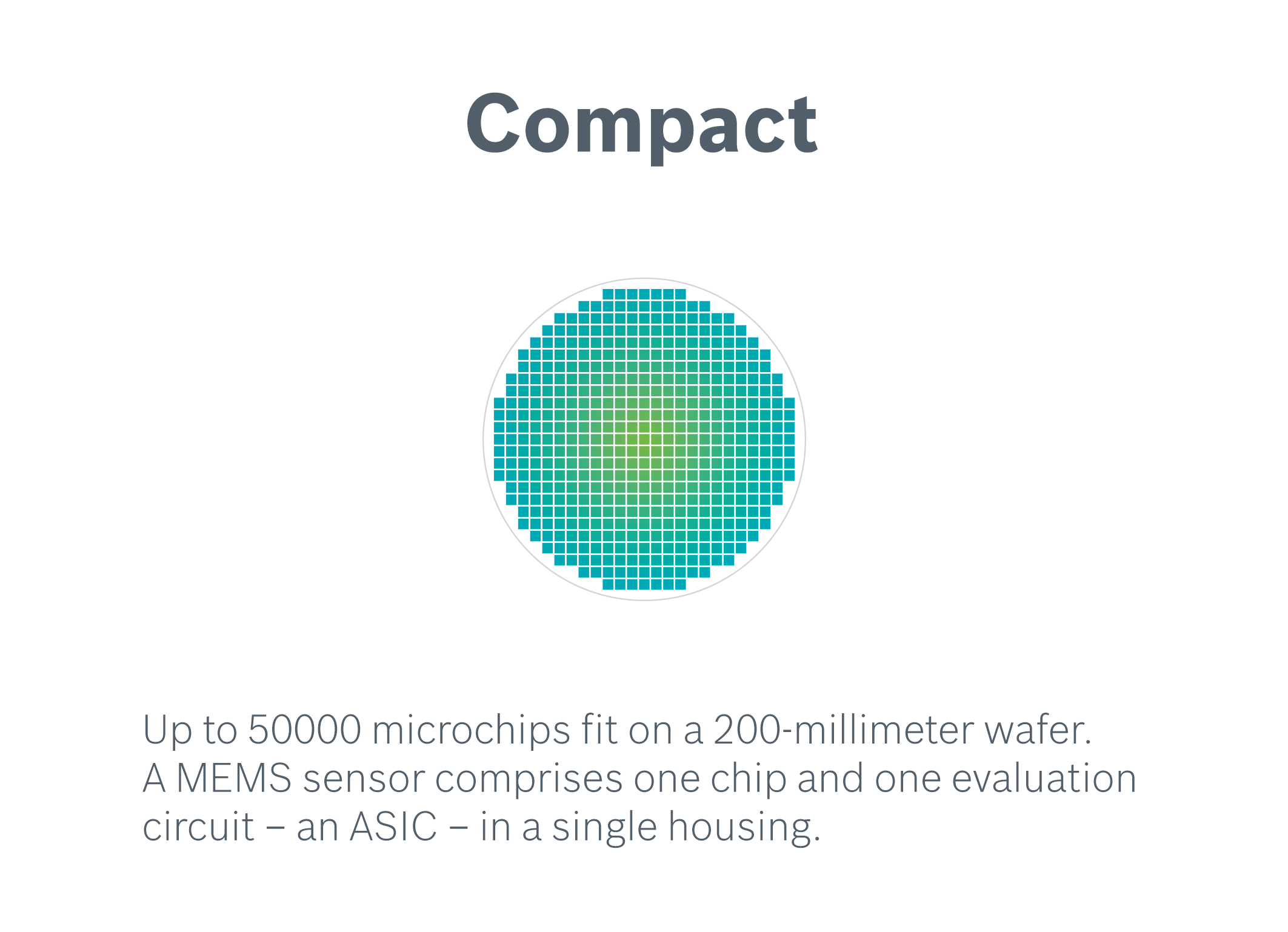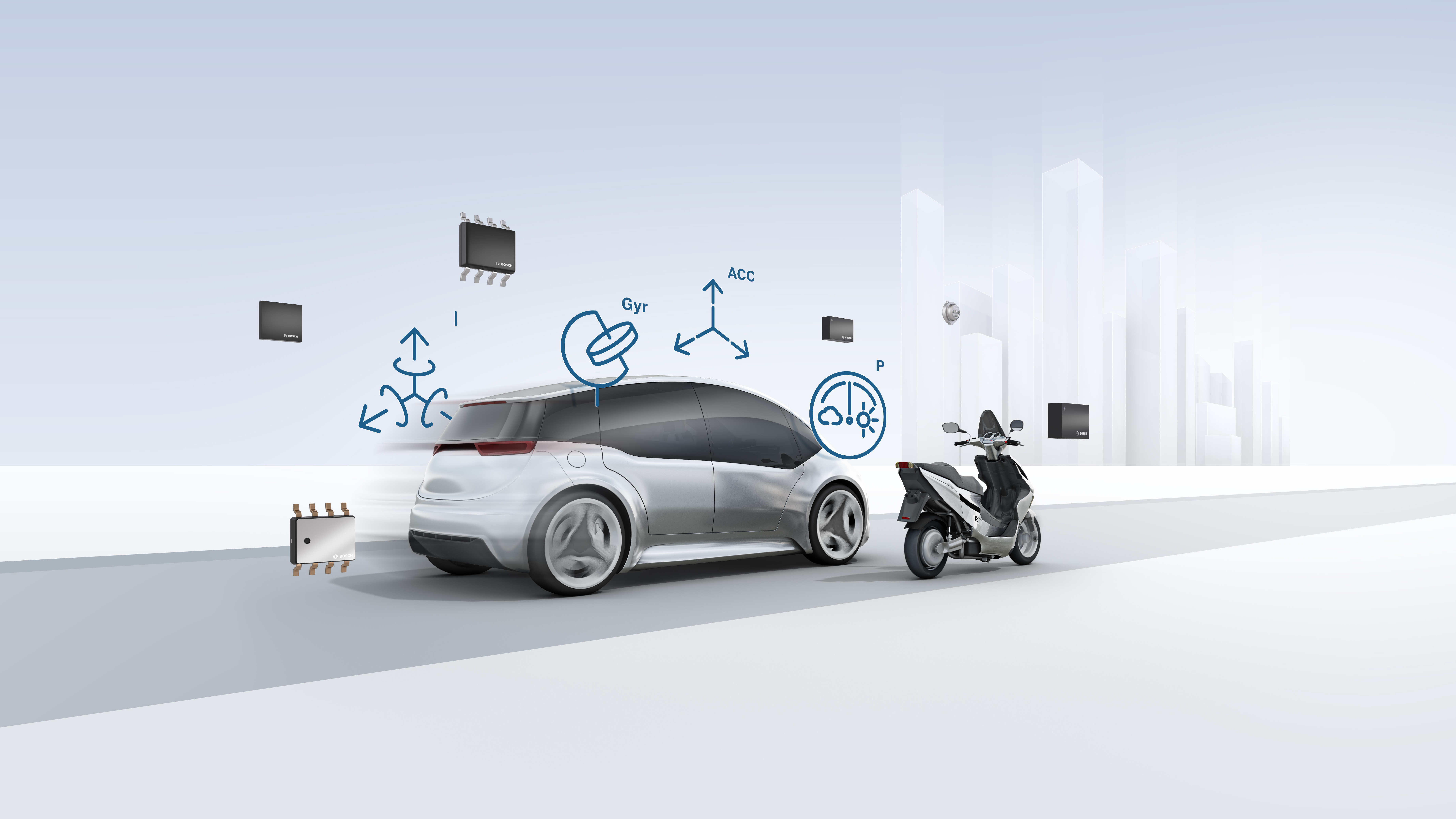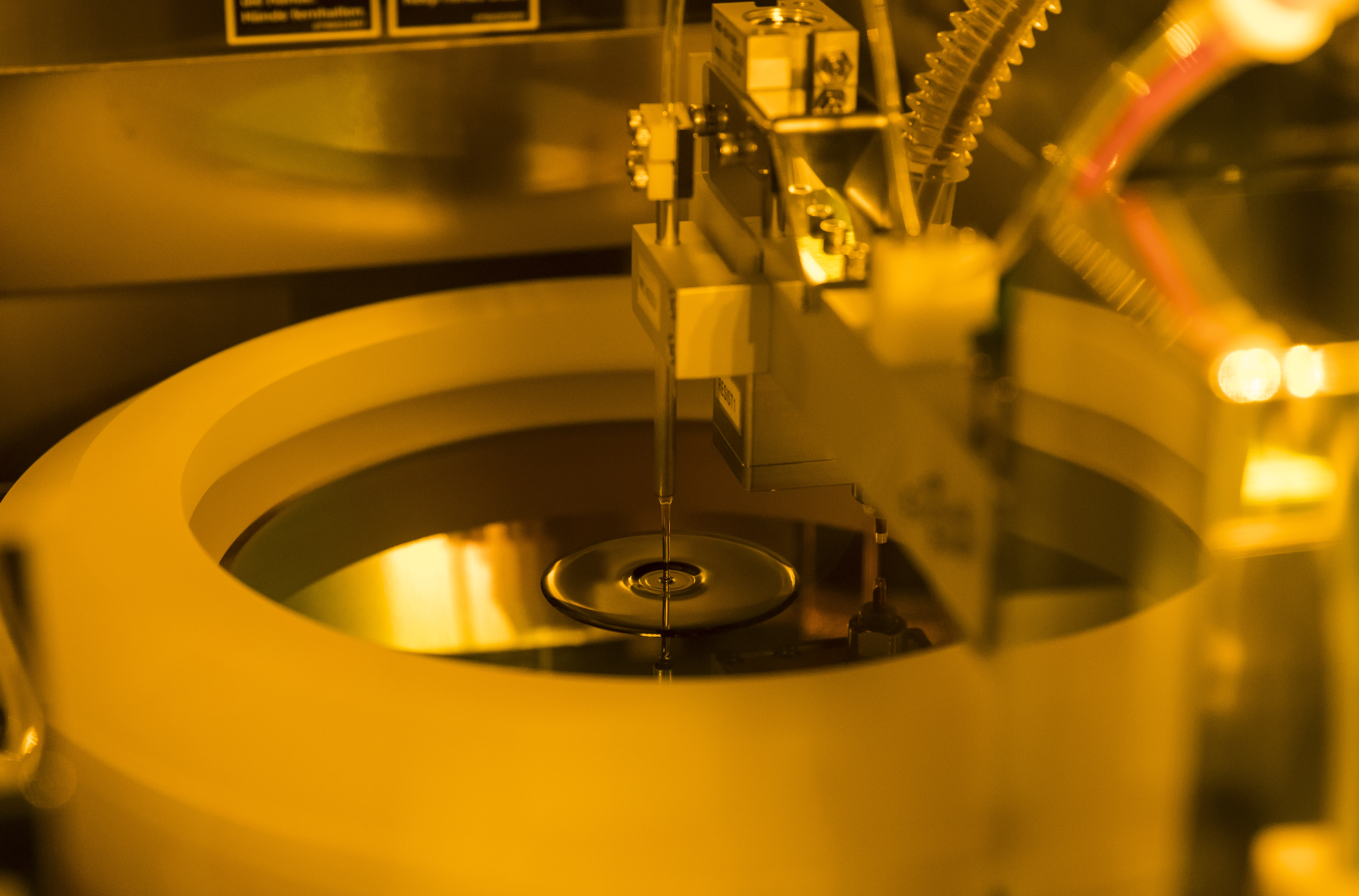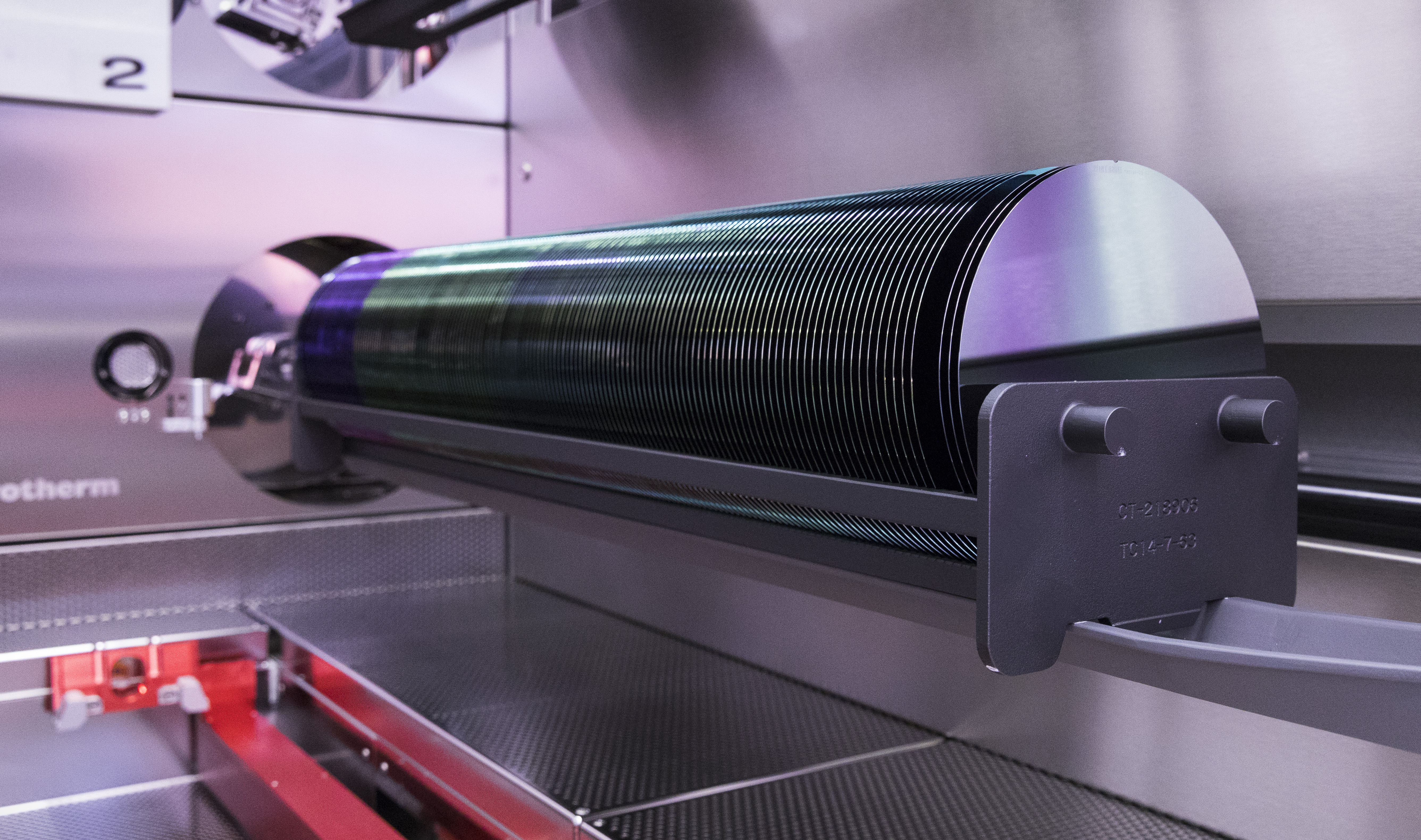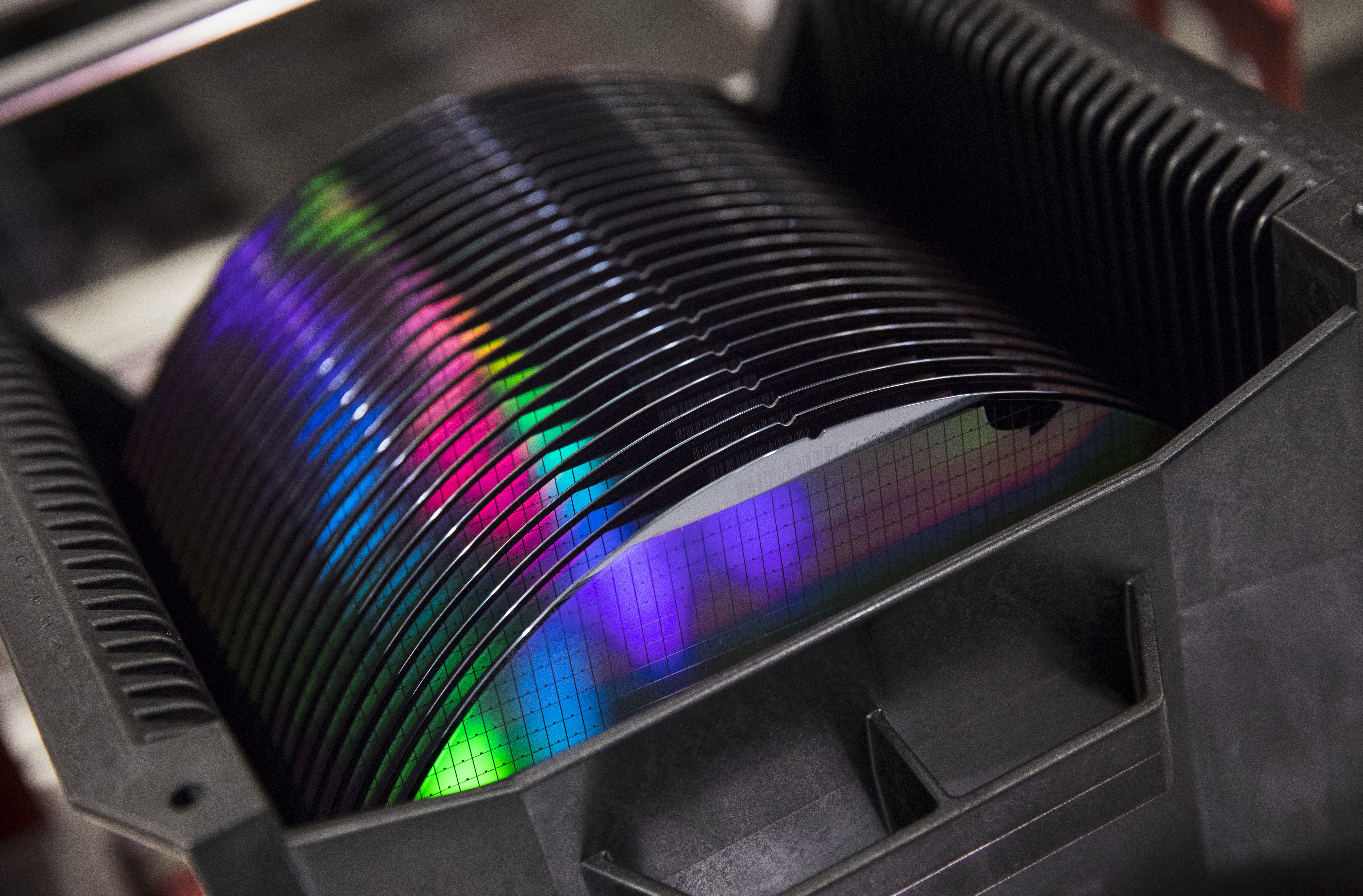Reutlingen, Germany – This year once again, the gifts under the Christmas tree will be emitting beeps, buzzes, and radio waves: according to Bitkom, some 70 percent of Germans will be giving digital gifts. This could be a smart watch, a game console, or of course a cell phone. This also means that Bosch will figure prominently under people’s Christmas trees, even though few may realize it. There’s at least one Bosch MEMS sensor in more than half the smartphones on the planet, and five of them on average in every new car. And there are millions more in drones, game consoles, fitness wristbands, and vacuum-cleaning robots. Bosch has produced more than ten billion of these miniature sensors in its wafer fab at Reutlingen, 40 kilometers south of Stuttgart, since 1995. “MEMS sensors are the building blocks of the connected world. They endow everyday objects with sensory perception and connect them with the internet,” says Jens Fabrowsky, member of the executive management of the Automotive Electronics division at Robert Bosch GmbH. With the number of connected devices rising fast – Gartner expects the global count to come to 20 billion by 2020 – MEMS sensors are sure to become chip-sized superheroes that we simply cannot do without.
Additional information:
Video: Acceleration sensor: how it works
10 billion MEMS sensors on the internet
Contact person for press inquiries
Annett Fischer
Phone: +49 711 811-6286
Twitter: @Annett__Fischer
Mobility is the largest Bosch Group business sector. It generated sales of 55.8 billion euros in 2024, and thus contributed around 62 percent of total sales. This makes the Bosch Group one of the leading mobility suppliers. Bosch Mobility pursues a vision of mobility that is safe, sustainable, and exciting. For its customers, the outcome is integrated mobility solutions. The business sector’s main areas of activity are electrification, software and services, semiconductors and sensors, vehicle computers, advanced driver assistance systems, systems for vehicle dynamics control, repair-shop concepts, as well as technology and services for the automotive aftermarket and fleets. Bosch is synonymous with important automotive innovations, such as electronic engine management, the ESP anti-skid system, and common-rail diesel technology.
The Bosch Group is a leading global supplier of technology and services. It employs roughly 412,000 associates worldwide (as of December 31, 2025). According to preliminary figures, the company generated sales of 91 billion euros in 2025. Its operations are divided into four business sectors: Mobility, Industrial Technology, Consumer Goods, and Energy and Building Technology. With its business activities, the company aims to use technology to help shape universal trends such as automation, electrification, digitalization, connectivity, and an orientation to sustainability. In this context, Bosch’s broad diversification across regions and industries strengthens its innovativeness and robustness. Bosch uses its proven expertise in sensor technology, software, and services to offer customers cross-domain solutions from a single source. It also applies its expertise in connectivity and artificial intelligence in order to develop and manufacture user-friendly, sustainable products. With technology that is “Invented for life,” Bosch wants to help improve quality of life and conserve natural resources. The Bosch Group comprises Robert Bosch GmbH and its roughly 490 subsidiary and regional companies in over 60 countries. Including sales and service partners, Bosch’s global manufacturing, engineering, and sales network covers nearly every country in the world. Bosch’s innovative strength is key to the company’s further development. At 136 locations across the globe, Bosch employs some 82,000 associates in research and development.
Additional information is available online at www.bosch.com, www.bosch-press.com.



